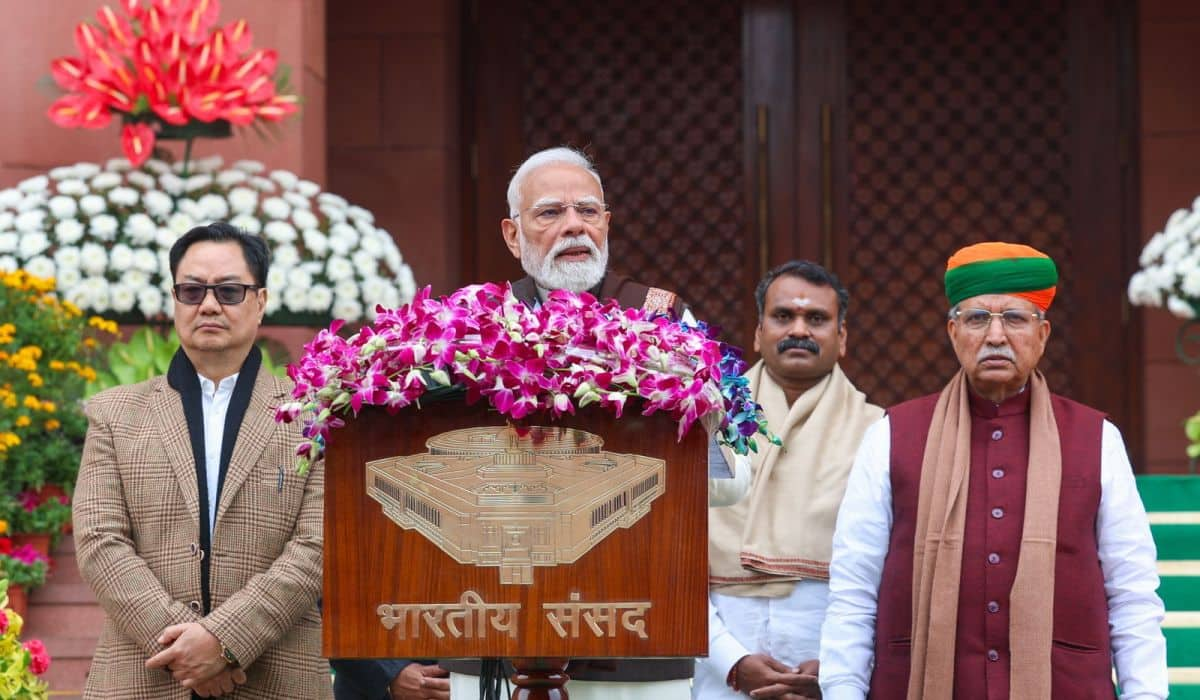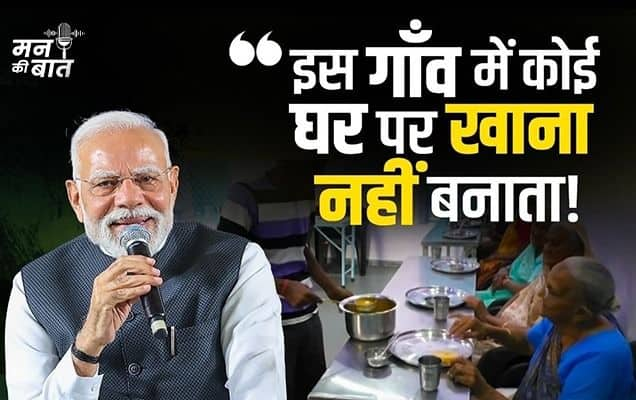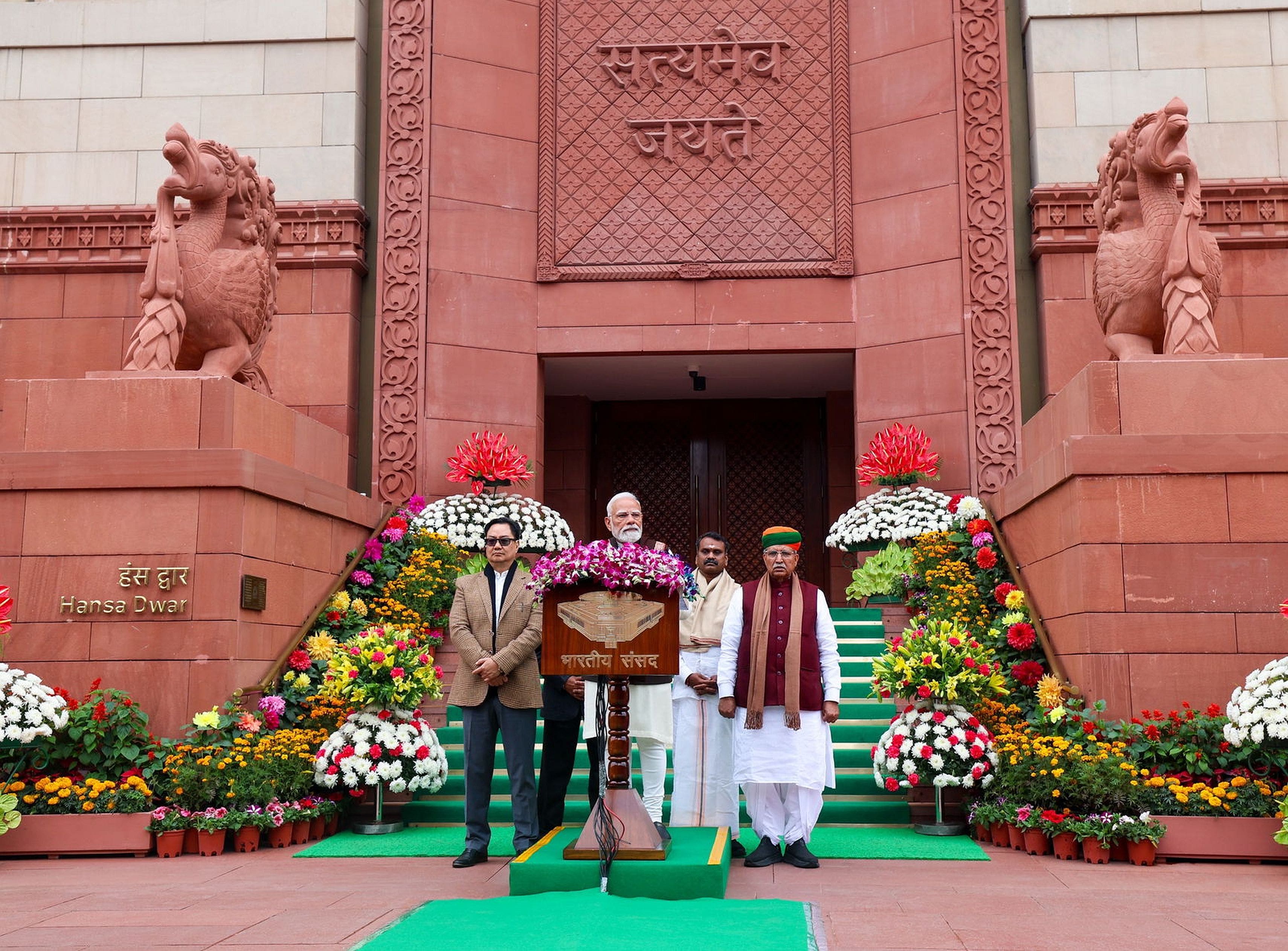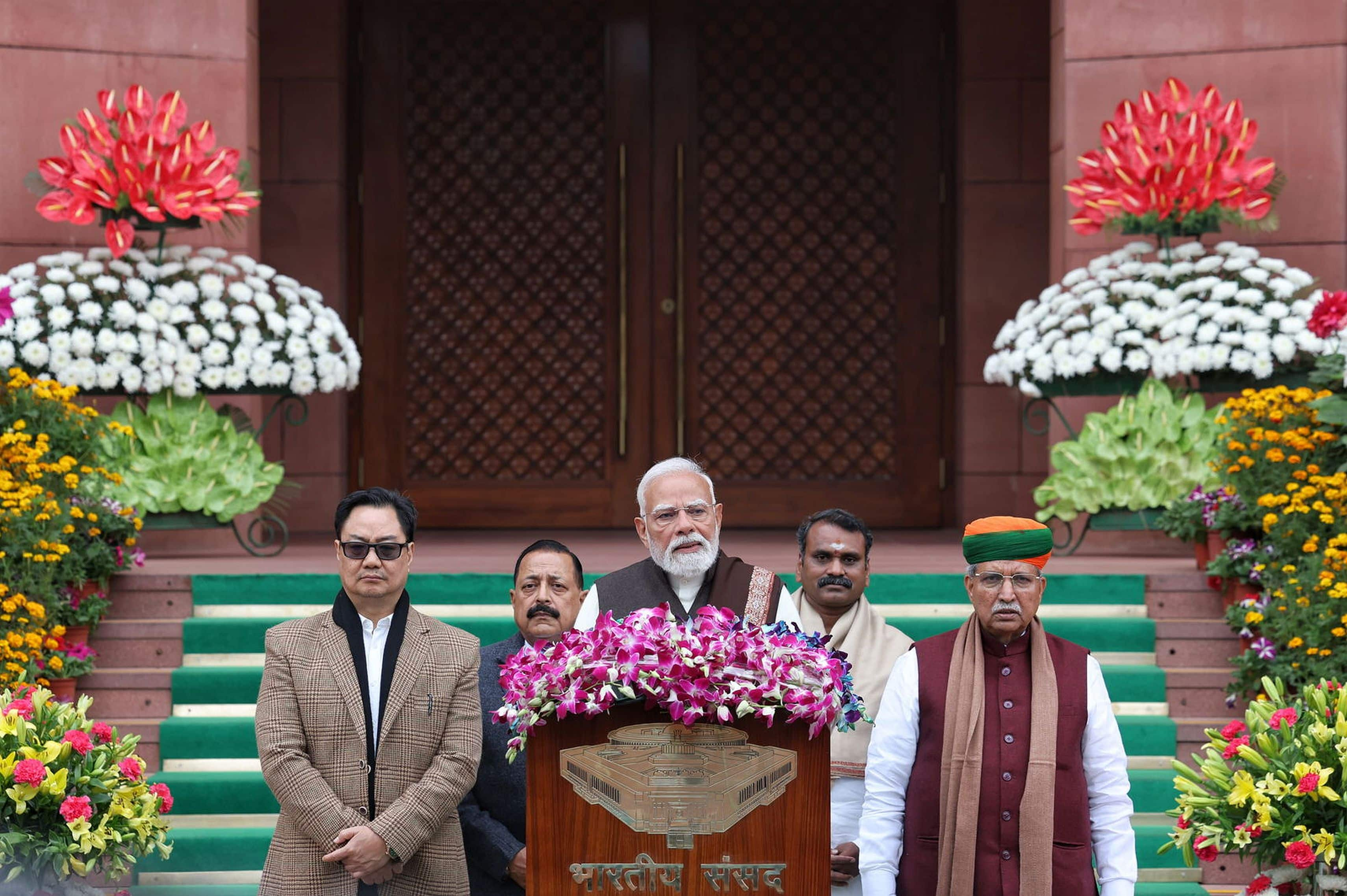According to some estimates, India will need 500 new cities in the next two decades. Existing infrastructure is barely able to meet the needs of residents with significant shortfalls in the areas of power supply, water & sanitation, housing and transportation. Urban and infrastructure development are critical issues facing India and the Gujarat experience provides multiple lessons. On the back of its infrastructure, even with only 5% of population and 6% of the geographical area, Gujarat contributes to 25% of India’s exports, 17% of Indian Industrial output and 37% of the cargo handled by ports in India (up from 29% in 2000). Here are a few learnings of how it has been able to achieve leadership in areas of urban development, energy, water & transportation.


Gujarat’s % share in total shipping traffic of India

Total traffic at major and minor shipping ports (‘000 Tonnes)- Note the substantial improvement of Gujarat’s numbers
Urban Development: Cities are the hub for human development and help attract investments and improve quality of life. Urban development requires both creation of new cities as well as development of existing cities. New cities face significant regulatory, governance and infrastructure challenges. Keeping these challenges in mind, Gujarat pioneered the concept of SIR (Special Investment Regions) in the country. Gujarat passed the SIR act in 2009 to enable local governance for these regions and is now developing thirteen SIR cities in the state including the flagship Dholera project on the Delhi Mumbai Industrial Corridor (DMIC).
Dholera with 2 million planned residents will be among the top fifteen cities in India and double the size of last planned city Chandigarh which is 45th in terms of size in India. Dholera comes with highway and metro connectivity to cities like Ahmedabad as well as high end technology access. Similarly GIFT (Gujarat International Finance Tech-City) is another 986 acre greenfield development initiative at advanced stage of development which will offer one of the best options to entrepreneurs and residents.
In terms of development of existing city development, Ahmedabad is a good example. Sabarmati riverfront was transformed in line with other world-class cities like Paris, London, Singapore etc. Ahmedabad BRTS (Bus Rapid Transport System) is the only successful BRTS in India and was awarded by ITDP (USA) for showing how large cities can reduce carbon emissions with smart systems.
Energy: Gujarat pioneered the development of parallel grid system to provide quality and continuous power supply to farms, households and industry (an idea now being replicated across states). In addition, an aggressive clean power generation focus was developed in areas like solar power where Gujarat now has 2/3 of India’s solar power capacity.
Power Supply Situation in Top Five States (2013-14)

Source: CEA
To reduce distribution losses, special police stations and community reporting was started to control power theft and state electricity board started turning profits.
The results was 24X7 three phase, high quality power across the state with distribution losses going down to 20% from 35%. The results are all the more outstanding when compared to top five power consuming states in India which suffer power upto 25% power deficit while Gujarat is power surplus.
Similarly in gas sector, Gujarat is the only state to have two LNG terminals plus a state wide gas grid of 2,400 km built with private participation.
Water: A massive water harvesting and conservation campaign was started with development of 650,000 water management structures. Community based 14,000 water committees for drinking water distribution & management, a concept which has since been awarded by UN. A state wide water grid of 1,900 km of bulk pipelines, 100,000 km of distribution pipelines with filtration plants covering 10,000 villages was setup which is now able to supply tap water to 75% of households.
Gujarat also became the only state in the country where ground water level has risen, thus assuring high quality water supply for generations to come.
Transportation: A focus on roads led to 92% paved roads in Gujarat vs a national average of 58%. Gujarat also has the highest road network density per sq km in India. Currently, it takes around 2 days to travel from Ahmedabad to Delhi by road. Through DMIC, Government envisages creating roads where one can travel from Ahmedabad to Delhi in just 5-6 hours by road, which is on the similar lines of highways in foreign countries like Japan, China, United States etc.

Gujarat’s marine policy is now being replicated by many other states and led to 37% of India’s sea cargo carried by Gujarat ports alone. Similarly, Gujarat has the highest number of airports in the country (fourteen including one international airport).
Gujarat also developed the largest fiber optic network in Asia which connects all government offices right up to 18,000 villages.
The result of this infrastructure and urban development is evident in the quality of life and industrial growth in the state. Gujarat also leads the country in per capita income growth and industrial output. For states with rich potential like Andhra Pradesh, Gujarat and may of those who will be newly formed, it is prudent to share more successful ideas especially as most infrastructure development companies come from the region. If one collaborates on bigger ideas backed by great vision the urban landscape of India can change. The people of the two states as well as the rest of the country can benefit immensely if the best ideas and successes from Gujarat in the areas of urban and infrastructure development are used as case studies across the country.
















